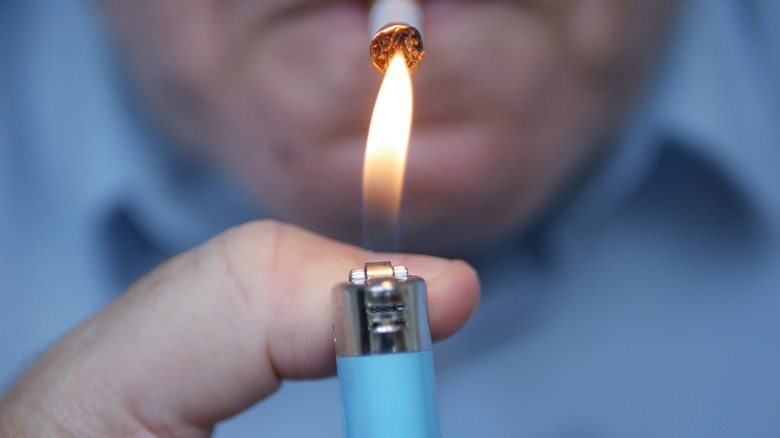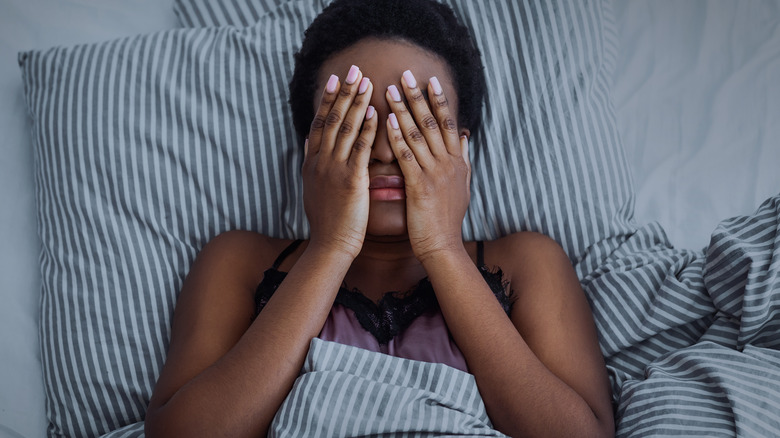Does Smoking Affect Your Sleep?
A significant proportion of the world's population consists of active smokers. Statistica reveals that about 19% of the global adults are currently tobacco smokers. However, the good news is that this number is gradually decreasing because of the increasing awareness about the health and environmental hazards of smoking. In fact, it is estimated that by 2030, this percentage will have dropped to 17, reports Statistica. The situation is similar in the U.S. as well. According to the Centers for Disease Control and Prevention (CDC), America has about 30.8 million cigarette smokers right now, of which 16 million have some kind of health condition caused by smoking. Again, surprisingly, the numbers have dropped from 20.9% (2005) to 12.5% (2020).
Continuous smoking causes serious dangers to a smoker's overall well-being. A 2013 study published in the Journal of Epidemiology reported that active smokers have an increased likelihood of developing life-threatening conditions such as coronary diseases and cancer. Similarly, it can affect your day-to-day habits. The Journal of Formosan Medical Association published a study in 2013 stating that cigarette smoking can not only damage your memory but contribute to you not getting a good night's rest as well.
How does smoking impact your sleep
Even with the limited amount of research available, it's easy to gauge that smoking can have disastrous effects on your sleep quality. A 2012 study published in Sleep Medicine evaluated the quality of rest experienced by 44 smokers and 44 non-smokers using polysomnography (PSG) sleep characteristics. They found that smokers often had restless nights, risk of sleep apnea, leg and eye movements, and even short sleep hours.
According to Verywell Health, it's the presence of nicotine in tobacco — the main ingredient in cigars and cigarettes — that can lead to difficulties in falling asleep, snoring, and sleep disturbances throughout the night. While nicotine may work as a relaxing agent, most often it functions as a stimulant that quickly makes its way into the brain, increasing your heartbeat and causing you to stay awake, explains Verywell Health. Another critical issue with smoking is its addictive properties. The American Sleep Association (ASA) reveals that nicotine effects wear off after a few hours of consumption. Thus, it triggers the need for more. If you smoke before bedtime, chances are that you'll spend the night craving more because of withdrawal symptoms. As a result, you may experience insomnia or be unable to enjoy deep sleep, warns the ASA.


